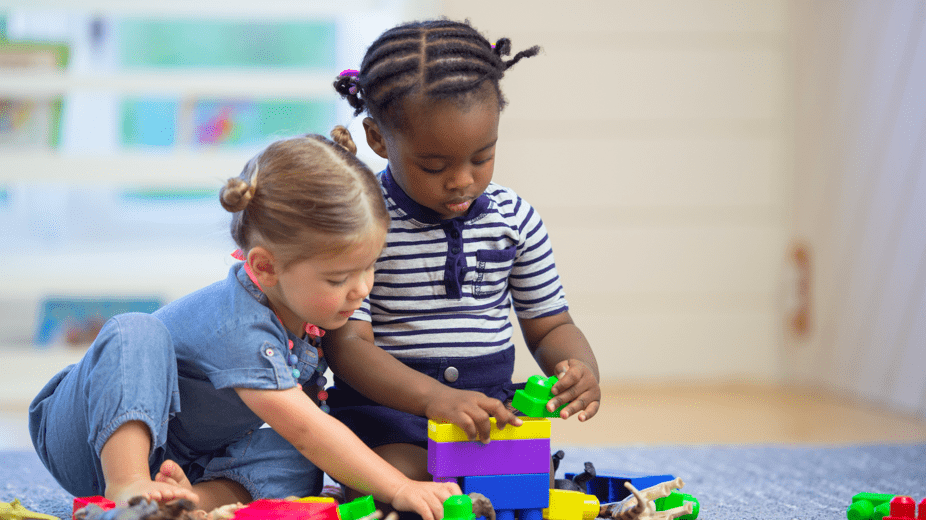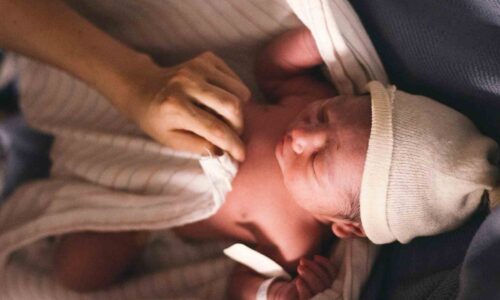A Guide for Parents to Understand Children’s Developmental Tasks |

While every child is different, parents should understand the developmental benchmarks they should be looking out for in their children and know where to be concerned. In an interview with the Health Channel, Dr. Yadira Torres, Psy.D Psychologist & Clinical Associate with Child Psychology Associates, describes different developmental tasks parents should be aware of.
Parents usually begin to notice differences in their children between the ages of 18 months to five years. “At 18 months we’re expecting them to show a lot of social reciprocation. We’re expecting them to want to engage with other children and we do compare our kids to others,” Dr. Torres says. By the time the child is entering preschool or daycare, it becomes obvious to parents if there are any developmental differences between their kid and others.
Though, slower development is not always a cause for alarm. Each child is unique, and some develop slower and others faster. Dr. Torres says that what is important is that parents find answers for their concerns to better understand and facilitate their child’s development.
Developmental tasks are broad benchmarks that are learned through childhood, and they are usually used to track normal development in children. The tasks are attention, memory, perception, language, problem-solving, and social interaction. Though Dr. Torres explains that each task has multiple components that make them up. So, for example, with your attention there are a couple things you should be looking for.
There’s something called joint attention, which means that the child wants to bring your attention to things in their environment. This usually starts to happen at the ages of two to three. Dr. Torres says that at this age children might start to call their parents’ attention to pointing at things in their environment and look to their parents for feedback on whatever it is they pointed out. Dr. Torres says that joint attention is “really crucial because we want the kids to want to have us engaged in their world.”
There is also general attention, which gauges the ability of the child for any amount of time. So, for instance, can they sit down and listen to a story for a couple of minutes? Dr. Torres says that at two years old you cannot expect your child to sit and listen for 20 minutes but maybe they can for 2 to 5 minutes.
To watch the full segment of Dr. Yadira Torres breaking down developmental tasks that occur during toddlerhood, visit the Health Channel’s YouTube channel at: https://www.youtube.com/c/AllHealthGo








